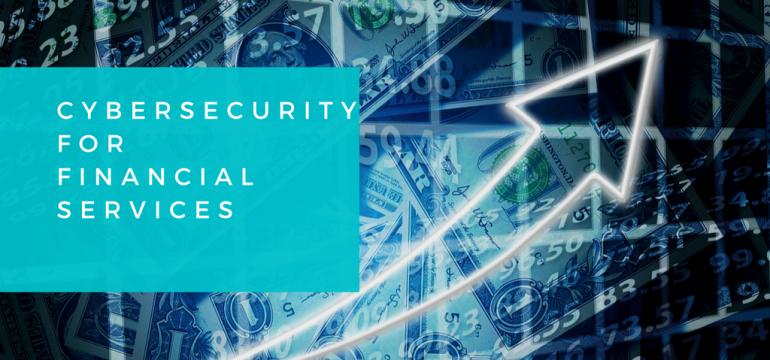No doubt financial services sector continues to be an attractive target for hackers. In 2016, we saw a huge number of cyberattacks on banks and other financial services companies. A single security breach can affect the organization as well as all its customers and partners. Yet, a lot of financial services firms underestimate the risk of cyberattacks.
According to PWC Global Economic Crime Survey 2016, cyber crime was the second most commonly reported economic crime in 2016 by financial services organizations after asset misappropriation. The report also highlighted that should a cyber crisis arrive, only four in ten companies have personnel that are “fully trained” to act as first responders, of which the overwhelming majority (73%) are IT security staff.
Being compliant doesn’t necessarily mean you are not at risk

Financial services industry is traditionally highly regulated as it serves the financial needs of all the other industries. However, security breaches at some of the major banks and reputed financial firms have demonstrated that being compliant doesn’t necessarily mean that all your risks are mitigated.
Financial firms must build sufficient flexibility to manage a risk framework which continuously identifies emerging threats.
The importance of a multi-layered defense

Preparedness is the key to best defense against cybercrime. Too many companies face cyberattacks because they don’t adopt a multi-layered approach to secure their business. At any given point an organization is vulnerable to an attack from more than just one source. Cybersecurity is not just the IT department’s lookout; it’s a shared responsibility of every employee. IT department can only exercise control over who will have access to the system, employ firewalls, implement patch management and establish a framework to identify vulnerabilities and isolate risks.
Another important layer also includes physical security which should not be overlooked. Security guards, gateways, locks, port block-outs and key cards all help keep unauthorized people away from systems. Partnerships, outsourcing and offshoring are the new normal across industries with financial services industry being no exception. A possible attack may also reach you through your partners or vendors, thus, it is essential you ensure they adopt prudent security measures.
Impact of a cybersecurity breach

While monetary loss is definitely a significant impact of a cyberattack, reputational damage is what costs organizations more in the long run. Cybersecurity breaches can lead to heavy liability costs for organizations and also exposes its customers to identity theft and fraud. An adequate cyber insurance coverage can reduce the financial liability in case of a cyberattack. Organizations should backup all their assets and should actively classify them as per their risk liability. Employees are the front line defense against cyberattacks and companies should ensure they are trained well to spot vulnerability and inform the concerned authorities before it becomes a major problem.
Security is a very important aspect of any business and thus cannot be ignored. More so for the financial services industry the threat landscape continues to evolve and this requires companies to revisit their cybersecurity policy periodically. There is no room for complacency in order to stay protected from complex cyber threats. Prudent security solutions such as those provided by Seqrite can empower financial services firms to scale their business with confidence.




